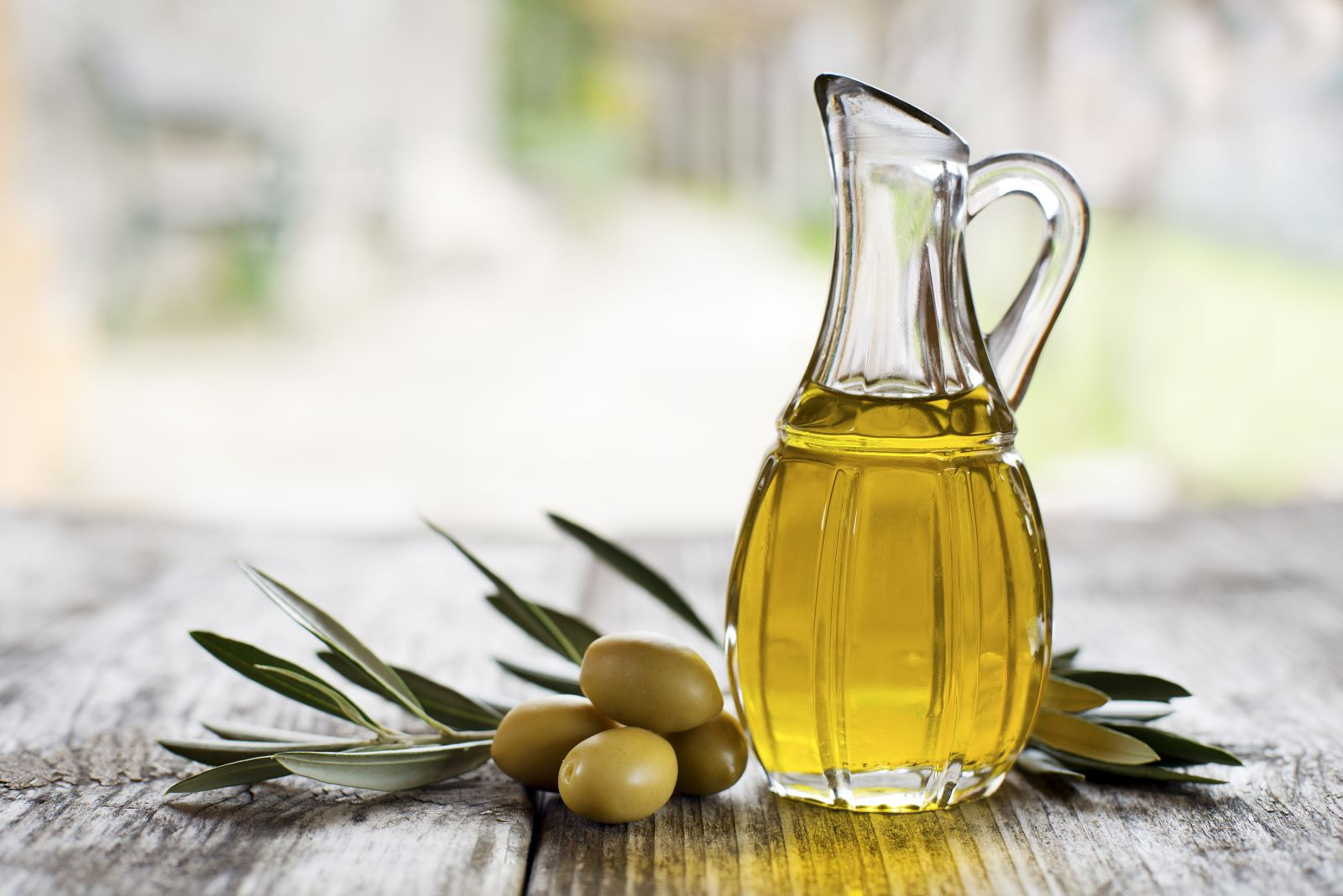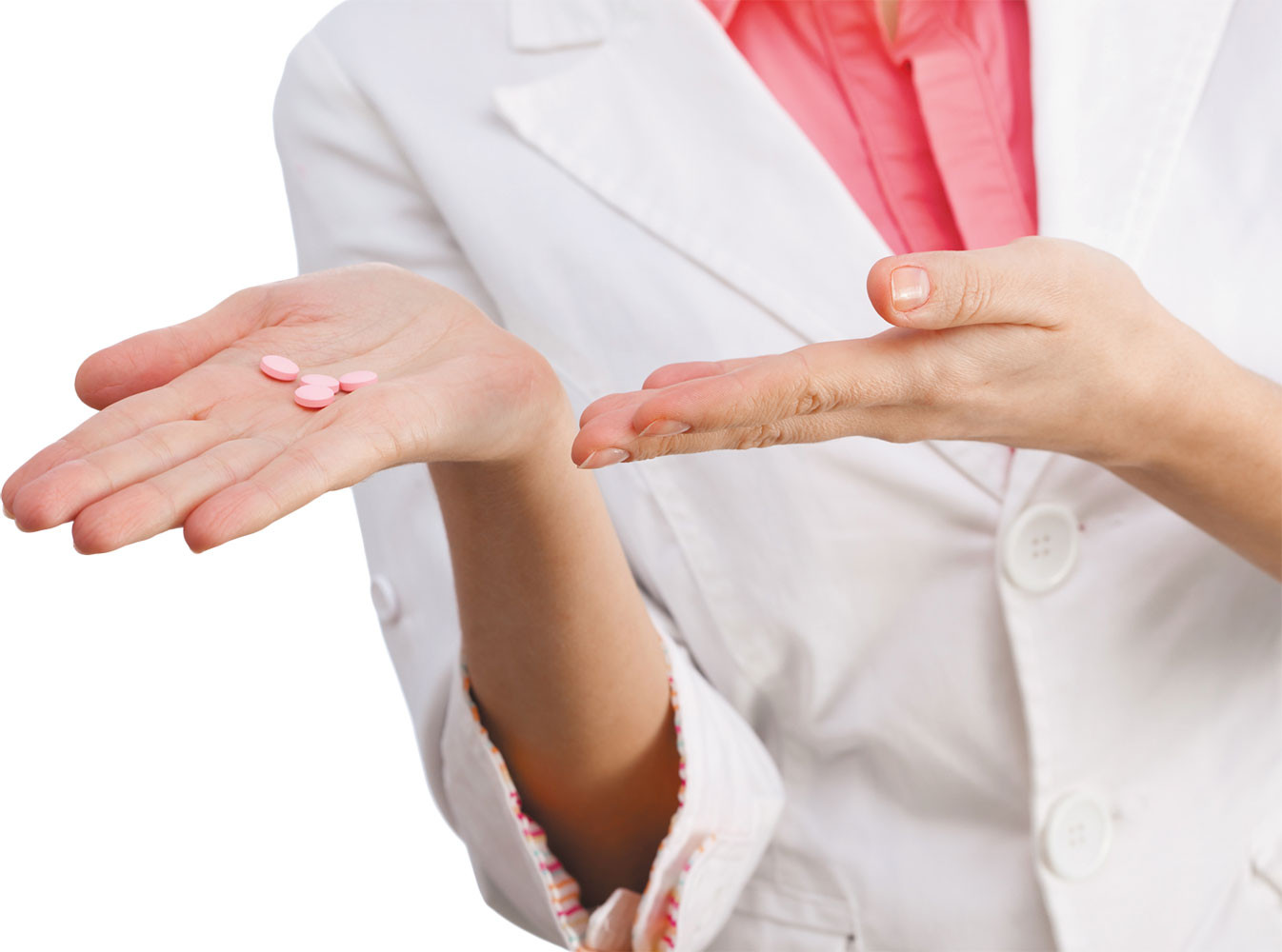
Chickpeas: Easy ways to eat more of this nutritious legume

Do products that claim to stop snoring actually work?

Flowers, chocolates, organ donation — are you in?

Chair yoga: Benefits of a mind-body practice without the risk of falling

Need a prescription for an ED medication? What to know about BlueChew, hims, Roman, and other online ED medication retailers

Low-carb foods: Nutritious choices for creating a sustainable diet that's lower in carbohydrates

Pilates: A good option for older adults?

A muscle-building obsession in boys: What to know and do

Calcium-rich foods: How to boost your intake of this important mineral

DNR: What is a do-not-resuscitate order?
Women's Health Archive
Articles
Heart attacks in younger women: Less treatment, more deaths
Image: Thinkstock
Research we're watching
Women who have heart attacks before age 60 may be less likely to receive a lifesaving procedure to restore blood flow to the heart (an angioplasty plus a stent) than men in that age group, according to a study in the Oct. 26, 2015, Journal of the American College of Cardiology. (Stents are tiny mesh tubes that help keep arteries open.)
Data for the study came from a nationwide sample of more than 630,000 people ages 18 to 59 who had heart attacks. Younger women also were more likely to die in the hospital compared with younger men (4.5% versus 3%, respectively). However, men may be more likely to die before reaching the hospital than women, which may partly explain that difference, the researchers say.
Ask the doctor: Does folic acid improve immunity?
Q. What do you know about taking extra folic acid to boost the immune system?
A. Folic acid is the synthetic form of folate, a B vitamin that occurs naturally in some foods, including vegetables, fruits, and dried beans and peas — and is essential for health. Folate is vital for the production and maintenance of our bodies' cells, especially during rapid periods of growth, such as pregnancy and infancy. It's needed to make DNA and RNA, the genetic material that dictates cell functions, and it helps prevent changes to DNA that may lead to cancer.
Will Prozac help my premenstrual depression?
Ask the doctor
Q. I've had some severe bouts of depression before my periods. I have done my own research and I am willing to try an antidepressant. What dosage of Sarafem or Prozac is usually given to treat this?
A. Selective serotonin reuptake inhibitors (SSRIs) are an excellent option for treating premenstrual syndrome (PMS) and premenstrual dysphoric disorder (PMDD). In fact, most physicians now consider them first-line therapy. Many different SSRIs have been studied, including the one you asked about—fluoxetine (Prozac or Sarafem)—and they all appear to be equally effective.
Does the way I urinate make me more prone to UTIs?
Image: Thinkstock
Ask the doctor
Q. Your recent article on recurrent urinary tract infections (UTIs) didn't mention much about urination. One of my friends told me that it could influence my chance of getting a UTI. Is that true?
A. Actually, your urination habits are a good place to start if you're trying to prevent UTIs. When sitting on the toilet, make yourself as comfortable as possible in a relaxed seated position—not a squat. Start the stream of urine by relaxing your pelvic floor muscles, rather than straining to urinate. Allow enough time for your bladder to empty completely.
High olive oil consumption linked to lower breast cancer risk
Image: Bigstock
Research we're watching
A preliminary study published Sept. 14, 2015, in JAMA Internal Medicine reported that older women in Spain who ate a traditional Mediterranean diet enhanced with extra-virgin olive oil were less likely to be diagnosed with breast cancer. The study was part of a large Spanish clinical trial, Prevención con Dieta Mediterránea (PREDIMED).
PREDIMED looked at three different groups of women. One followed the Mediterranean diet plus extra servings of olive oil. A second followed the diet plus extra servings of nuts. Those in the third group were ad-vised to reduce their fat intake. The study followed about 4,300 women ages 60 to 80 for five years.
Survey finds wide use of compounded postmenopausal hormones
Research we're watching
A national survey published Sept. 30, 2015, in Menopause indicates almost a third of women who take hormones at menopause are using compounded hormones—estrogen, progesterone, or testosterone prepared by a pharmacist according to a prescription. Such preparations aren't FDA-approved.
The survey, conducted by the North American Menopause Society, asked 3,700 women ages 40 to 84 about their hormone use at menopause. They were queried about the benefits they expected, the benefits they actually received, the side effects they experienced, and their health histories.
Miscarriage: Keep breaking the silence
Many public figures have begun speaking up about their experiences with miscarriage. While it’s wonderful that they’re breaking the silence, a recent survey has revealed that the general public still has a lot of misconceptions about this surprisingly common event. Dr. Hope Ricciotti shares her reactions to the survey results, and her advice to women experiencing miscarriage.
Addyi is not a "female Viagra," but it can open an important discussion
Many of my patients, colleagues, friends, and even neighbors have asked me about the new drug flibanserin (Addyi), which the FDA recently approved for treatment of low sexual desire in women. Flibanserin has generated more questions, comments, and media inquiries for me than I've ever experienced in my 20-year career as an obstetrician/gynecologist. While there are several medications that improve sexual function in men (including Viagra, the most famous one), flibanserin is the first to be approved for that purpose in women. Here are what I consider the relevant facts about flibanserin, and what I say to my patients.
The "pink pill" works differently than the "blue pill"—Viagra. Image: Thinkstock |
A few things you might not know about alcohol
Beer, wine, and spirits are foods as well as intoxicants that have different effects in women than in men.
In the first episode of the sitcom "Grace and Frankie," the title characters, played by Jane Fonda and Lily Tomlin, are ordering drinks before dinner. When carb-conscious Fonda sends the breadbasket away and asks for a very dry vodka martini, Tomlin reminds her that vodka is made from potatoes. Fonda responds, "Alcohol has its own rules."
Research we're watching: Working overtime may raise stroke risk
If you're "leaning in" by putting in extra hours on the job, you may be gaining gender equality that you don't want—the same stroke risk as your male colleagues. A recent analysis indicates that women who work 55 hours or more per week have a 30% higher risk of having a stroke than those working standard hours, making them just as likely to have a stroke as their male counterparts.
Image: Thinkstock |
The analysis, published online Aug. 20, 2015, by The Lancet, was conducted by European public health re-searchers. It involved data from over 600,000 women and men enrolled in long-term observational studies in Europe and the United States. It was the first such analysis of the relationship between working long hours and stroke. The researchers noted several factors that might have contributed to the elevated stroke risk, including the additional stress of balancing the extra work hours, inactivity, long periods of sitting, and ignoring stroke warning signs.

Chickpeas: Easy ways to eat more of this nutritious legume

Do products that claim to stop snoring actually work?

Flowers, chocolates, organ donation — are you in?

Chair yoga: Benefits of a mind-body practice without the risk of falling

Need a prescription for an ED medication? What to know about BlueChew, hims, Roman, and other online ED medication retailers

Low-carb foods: Nutritious choices for creating a sustainable diet that's lower in carbohydrates

Pilates: A good option for older adults?

A muscle-building obsession in boys: What to know and do

Calcium-rich foods: How to boost your intake of this important mineral

DNR: What is a do-not-resuscitate order?
Free Healthbeat Signup
Get the latest in health news delivered to your inbox!
Sign Up









